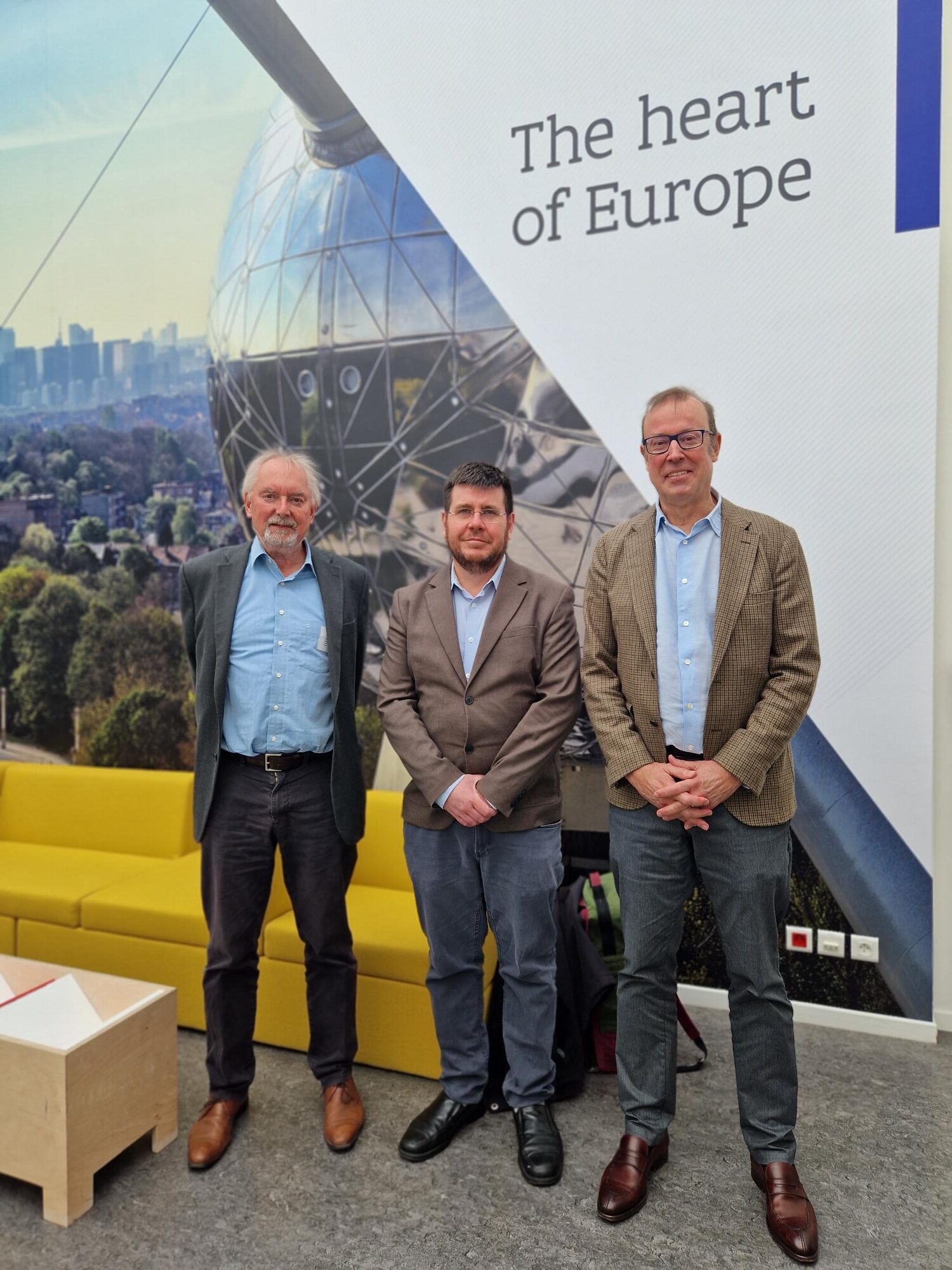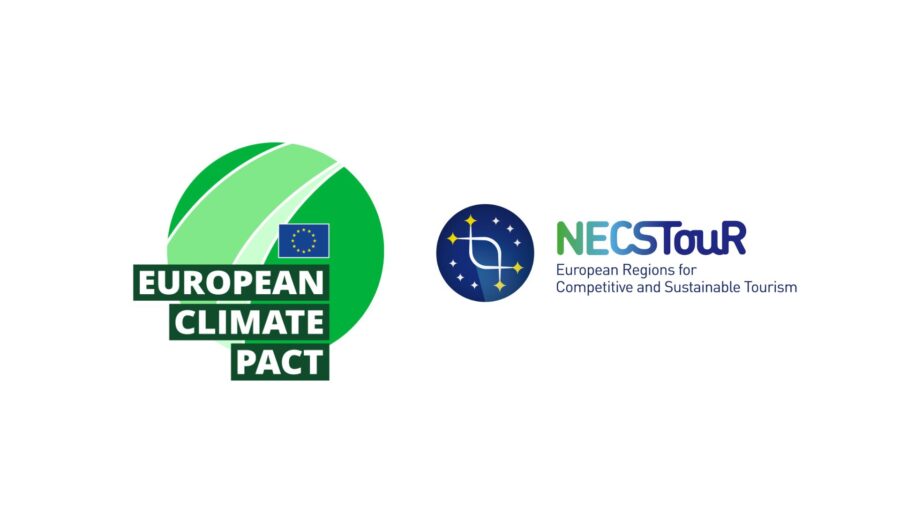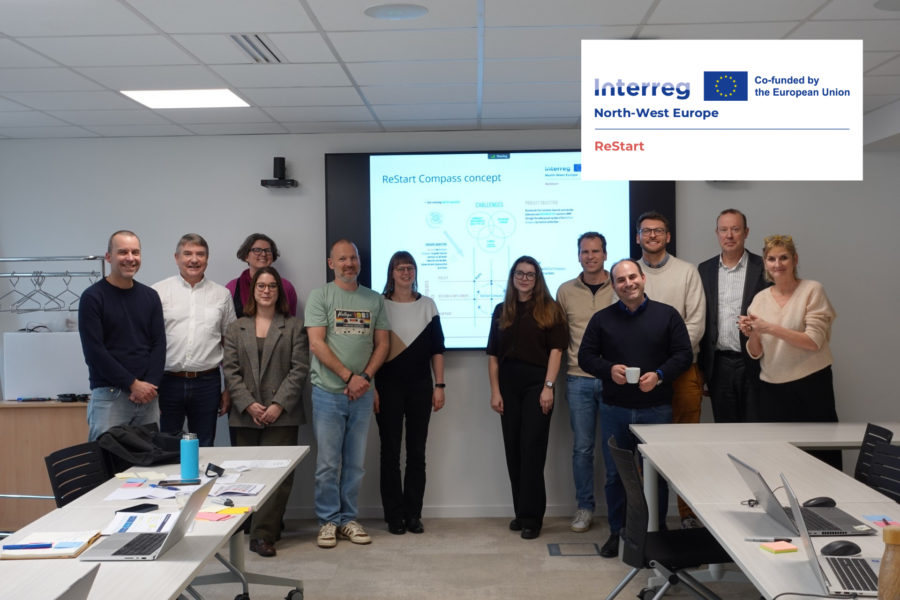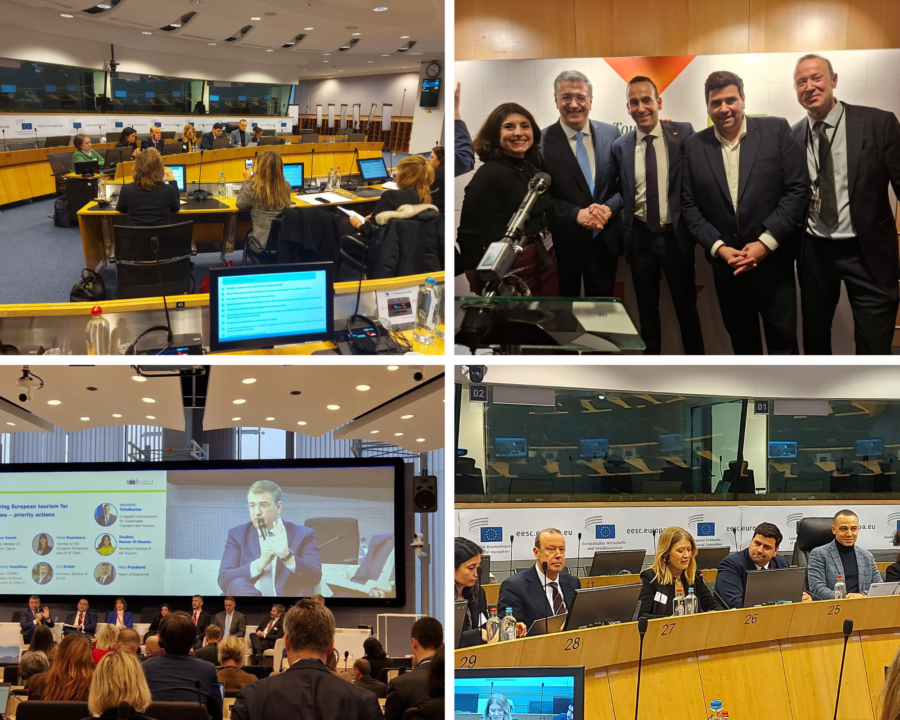

Brussels, 27 March 2025 — NECSTouR convened regional innovation and tourism experts from member regions for a dynamic webinar exploring the evolving role of Smart Specialisation Strategies (S3) in shaping the future of European tourism policy and investment, particularly in light of the upcoming Multiannual Financial Framework (MFF) 2028-34. The session featured insights from Richard Tuffs, co-founder of Friends of Smart Specialisation (FoSS), and Dr. Serafín Pazos-Vidal, Senior Expert at AEIDL.
Brussels, 27 March 2025 — NECSTouR convened regional innovation and tourism experts from member regions for a dynamic webinar exploring the evolving role of Smart Specialisation Strategies (S3) in shaping the future of European tourism policy and investment, particularly in light of the upcoming Multiannual Financial Framework (MFF) 2028-34. The session featured insights from Richard Tuffs, co-founder of Friends of Smart Specialisation (FoSS), and Dr. Serafín Pazos-Vidal, Senior Expert at AEIDL.
In his presentation, Richard Tuffs provided a critical reflection on the trajectory of Smart Specialisation since its introduction, underscoring its foundational principles of place-based innovation, participatory governance, and the Entrepreneurial Discovery Process (EDP). As S3 evolves within a broader European industrial strategy focused on competitiveness, autonomy, and innovation, Richard urged regions to move beyond a narrow focus on cohesion policy and embrace S3 as a driver of strategic transformation.
Importantly, Richard made a compelling case for tourism as a valid – and often overlooked – S3 priority. Despite concerns about the sector’s perceived low-tech image and vulnerability to external shocks, tourism holds clear potential to reinforce regional economies, support creative and cultural industries, and foster interregional collaboration — provided it is embedded within innovation ecosystems and aligned with broader territorial strategies.
Richard showcased how some regions are integrating tourism into their S3 priorities through cultural and creative industries or sustainable destination development. However, he also acknowledged persistent challenges, such as fragmented governance, lack of co-investment, and insufficient capacity for implementation and monitoring at the regional level.
The presentation concluded with a provocation: if smart specialisation is to serve the ambitions of Europe’s green, digital, and inclusive transitions, can tourism sharpen its innovation focus and find a stronger foothold within S3 frameworks?
Following this, Dr. Serafín Pazos set the broader policy context by analysing the major changes in the EU’s cohesion policy architecture following the introduction of NextGenerationEU and the Recovery and Resilience Facility (RRF). He warned of a potential recentralisation of investment management at national levels and called for the revitalisation of regional voices through a stronger Partnership Principle.
Serafin identified several post-2027 investment priorities that align with tourism’s evolution:
- Sustainable tourism supported under a green transition agenda (Policy Objective 2);
- Digital transformation of the tourism experience (Policy Objective 1);
- Integrated territorial development strategies that leverage tourism in rural and peripheral regions (Policy Objective 5);
- And the role of S3 in stimulating innovation and partnerships that link tourism with broader regional value chains.
The webinar reinforced NECSTouR’s commitment to supporting its member regions in mainstreaming tourism within smart specialisation and future EU programmes. As Europe gears up for the next MFF, aligning regional tourism strategies with innovation and sustainability goals will be critical. The slides from the event are available in the NECSTouR members’ platform.


